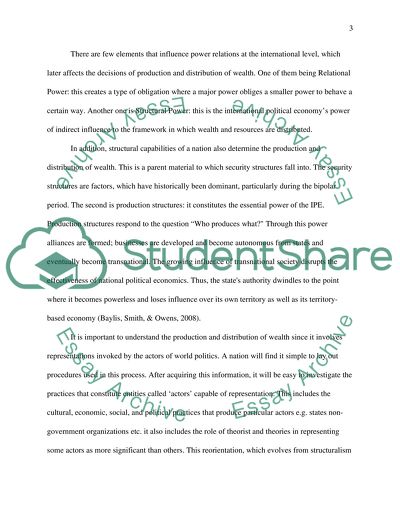Cite this document
(“How important is an understanding of the production and distribution Essay”, n.d.)
Retrieved from https://studentshare.org/history/1493711-how-important-is-an-understanding-of-the
Retrieved from https://studentshare.org/history/1493711-how-important-is-an-understanding-of-the
(How Important Is an Understanding of the Production and Distribution Essay)
https://studentshare.org/history/1493711-how-important-is-an-understanding-of-the.
https://studentshare.org/history/1493711-how-important-is-an-understanding-of-the.
“How Important Is an Understanding of the Production and Distribution Essay”, n.d. https://studentshare.org/history/1493711-how-important-is-an-understanding-of-the.


